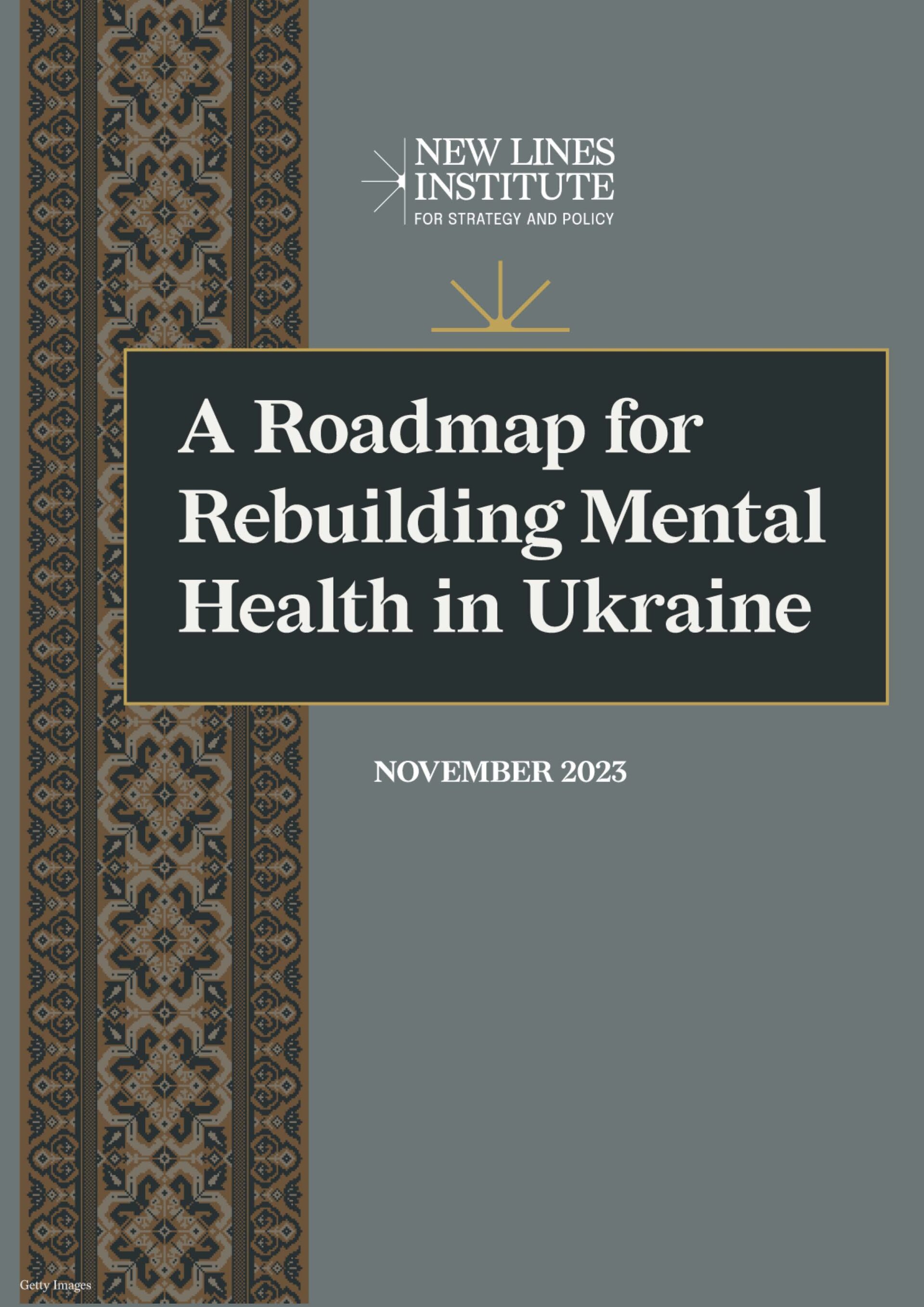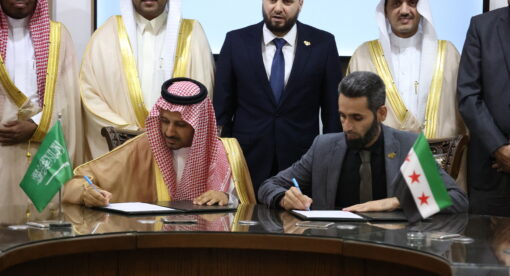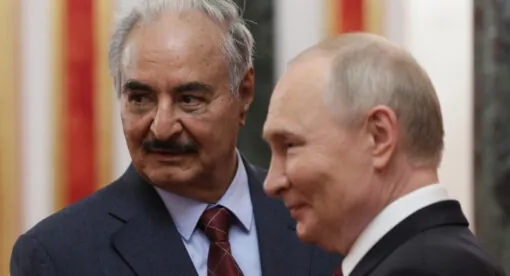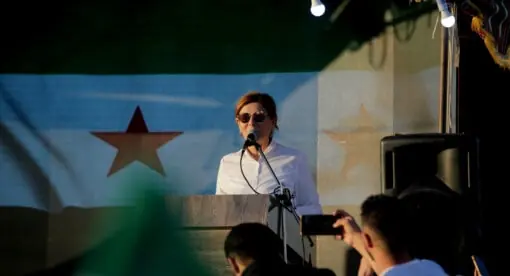This latest report follows in the footsteps of two seminal research reports from the New Lines Institute. The first, a legal analysis of the Russian Federation’s breaches of Article II and Article III (c) of the Genocide Convention, concluded that the war in Ukraine is genocidal in character and therefore creates obligations to prevent further genocide for all signatory states to the Genocide Convention. The second is the Multilateral Action Model on Reparations for the lawful use of Russian funds to finance the rebuilding of Ukraine’s economy and society.
With this context, we are in a unique position to expand our conception of damages to Ukraine beyond the question of bricks and mortar, beyond questions of infrastructure and even physical health, to include trauma and damage to mental health and well-being. In so doing, and by using insights from modern, holistic, strengths-based, and trauma-informed mental health work, we can provide a framework through which a more comprehensive rehabilitation of Ukraine can be undertaken.
Alysha Tagert, MSW, LICSW, is a mental health service provider, trauma expert, and consultant, with experience treating anxiety, depression, grief and loss, trauma, and PostTraumatic Stress Disorder (PTSD). Tagert built the clinical and social services program for survivors of torture and trauma at the Torture Abolition & Survivor Support Coalition International in Washington, D.C., and she currently serves as the director of mental health and psychosocial support – U.S. Programs, World Relief.
This New Lines framework for building a mental health intervention program, while firmly rooted in the concrete macro realities of the work to rebuild Ukraine, is therefore designed with first-hand, on-the ground experience of providing care to victims of trauma. If implemented, and the people of Ukraine are not neglected, inner strength and psychological resilience will form the foundations on which their country will be rebuilt.
Dr. Azeem Ibrahim OBE
Director, Special Initiatives
Chair, Reparations Study Group
New Lines Institute for Strategy and Policy.






